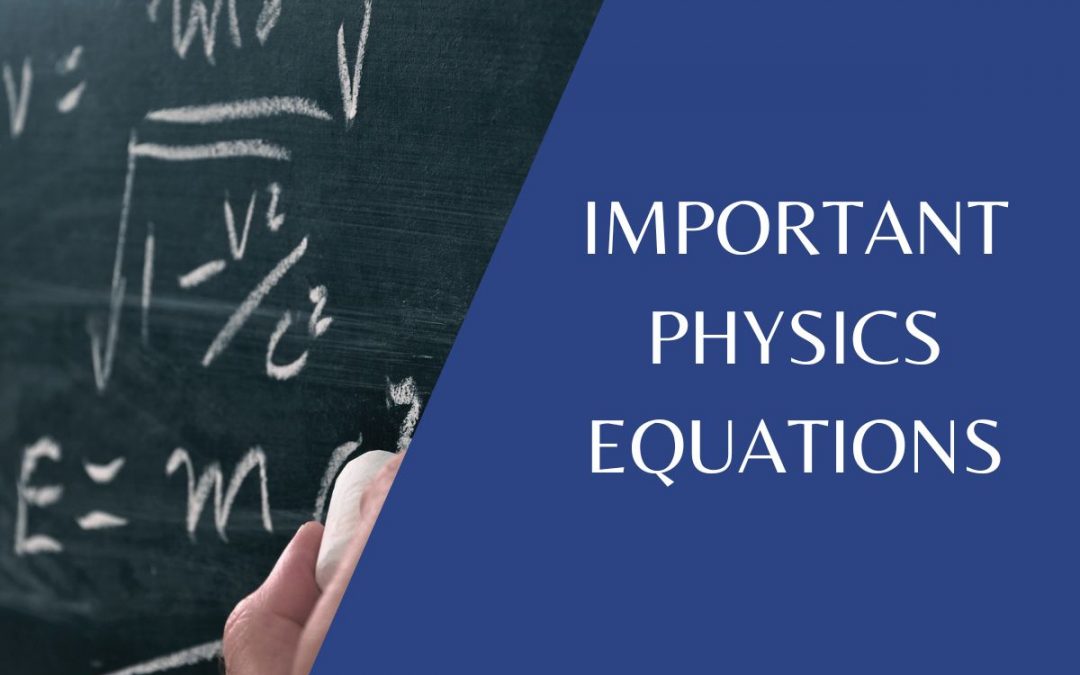In KS3 (Key Stage 3) physics, students typically cover a range of basic physics concepts and equations. These equations are the foundations for your GCSE Physics understanding.
Here are some of the key equations you may encounter in KS3 Physics and these will definitely be needed for your GCSEs:
-
- **Speed Equation**:
– Speed (s) = Distance (d) ÷ Time (t)
– s = d / t
-
- **Pressure Equation**:
– Pressure (P) = Force (F) ÷ Area (A)
– P = F / A
-
- **Moment Equation**:
– Moment = force x perpendicular distance
– M = F x d
-
- **Weight Equation**:
– Weight (W) = Mass (m) × Gravitational Field Strength (g)
– W = m × g
-
- **Density Equation**:
– Density (ρ) = Mass (m) ÷ Volume (V)
– ρ = m / V
-
- **Ohm’s Law**:
– Voltage (V) = Current (I) × Resistance (R)
– V = I × R
Make sure you learn these and can recall them. You are allowed to write the shortened form of the equation. It is also worth learning the formula triangle to go with each equation so you can easily rearrange it for any question/calculation you are given to solve.
REMEMBER to learn the units and check if the units are all correct before you use the equation as you may need to change the units you are using; for example minutes into seconds or kilograms into grams.
KEEP UP TO DATE - DON'T MISS OUT!
Our regular newsletters are filled with helpful and interesting information to help you with your Science at school

